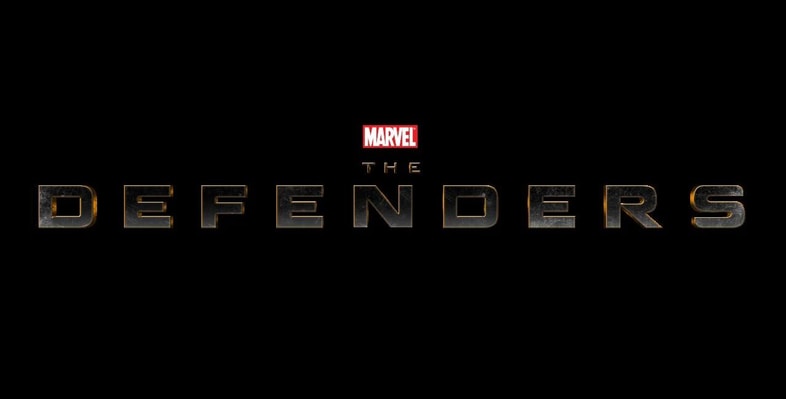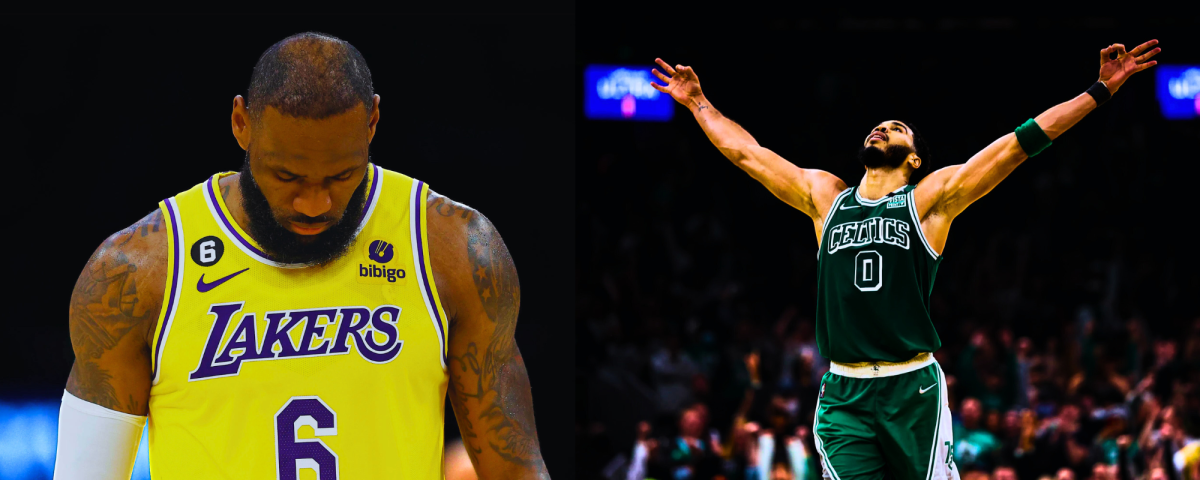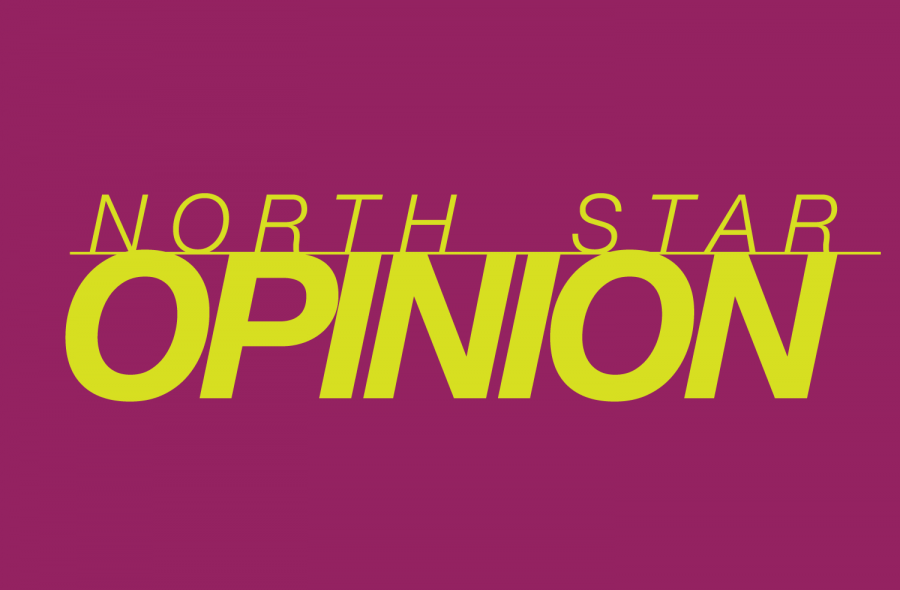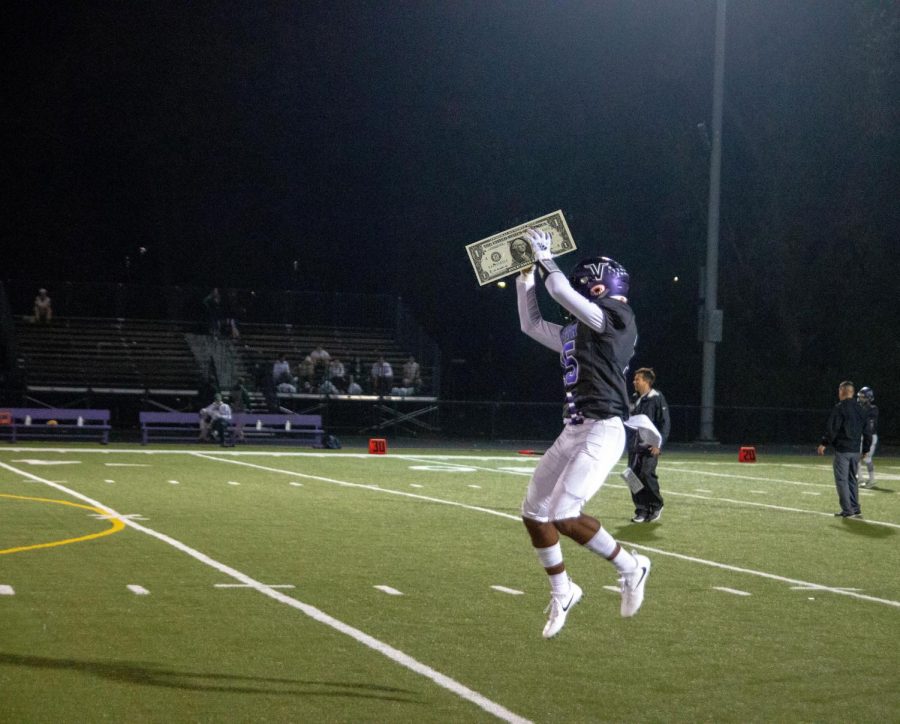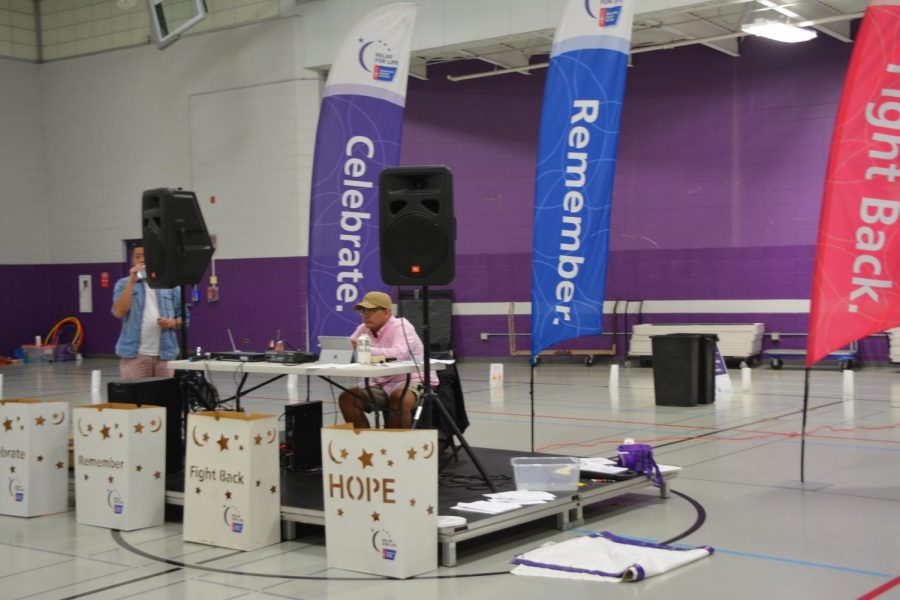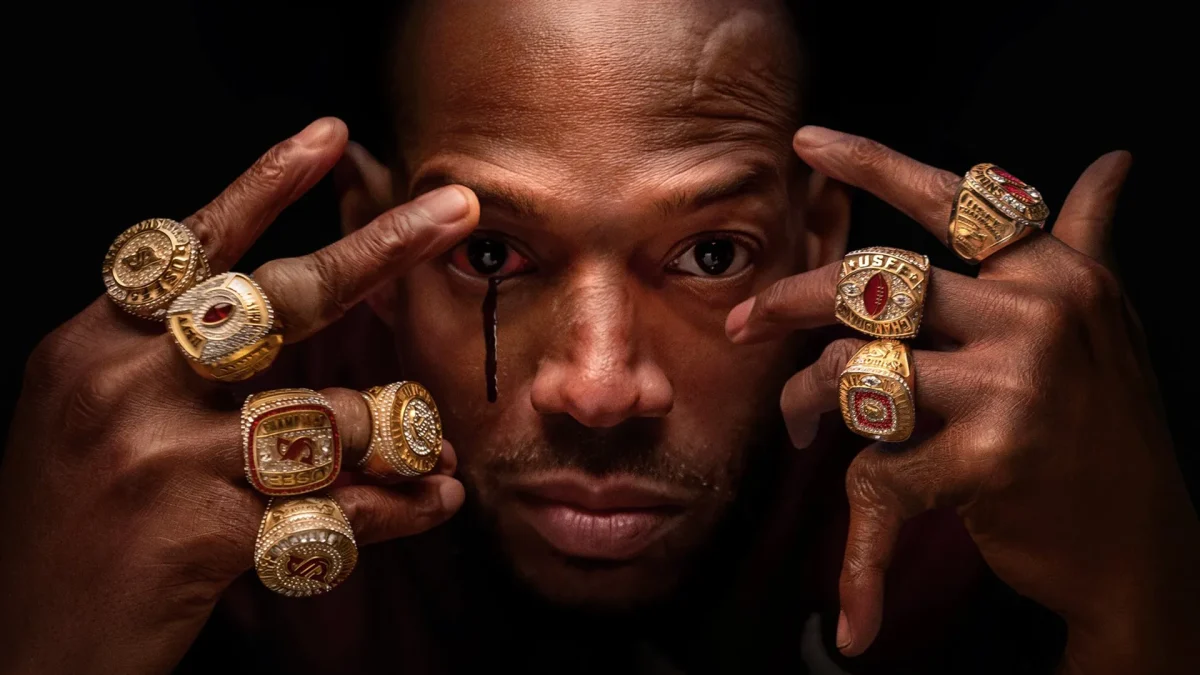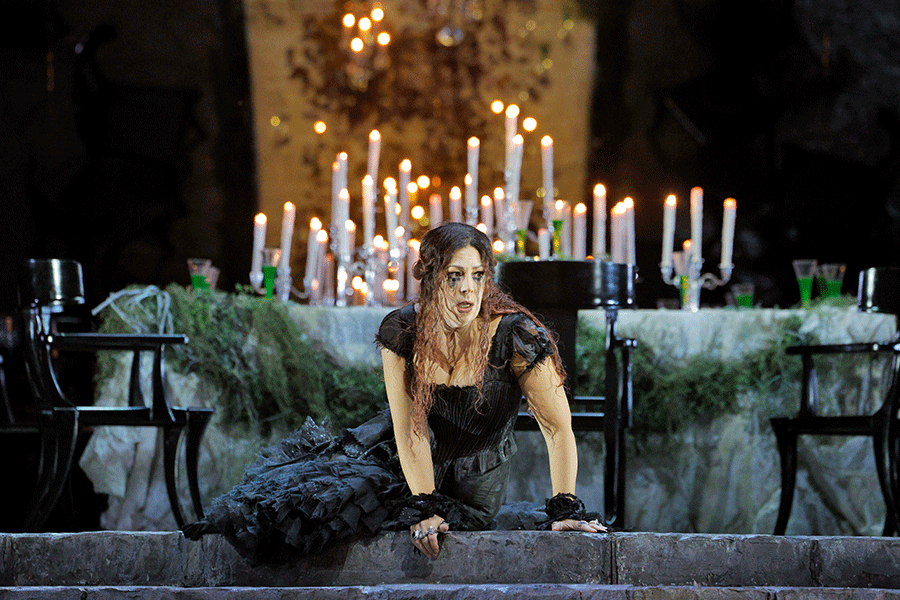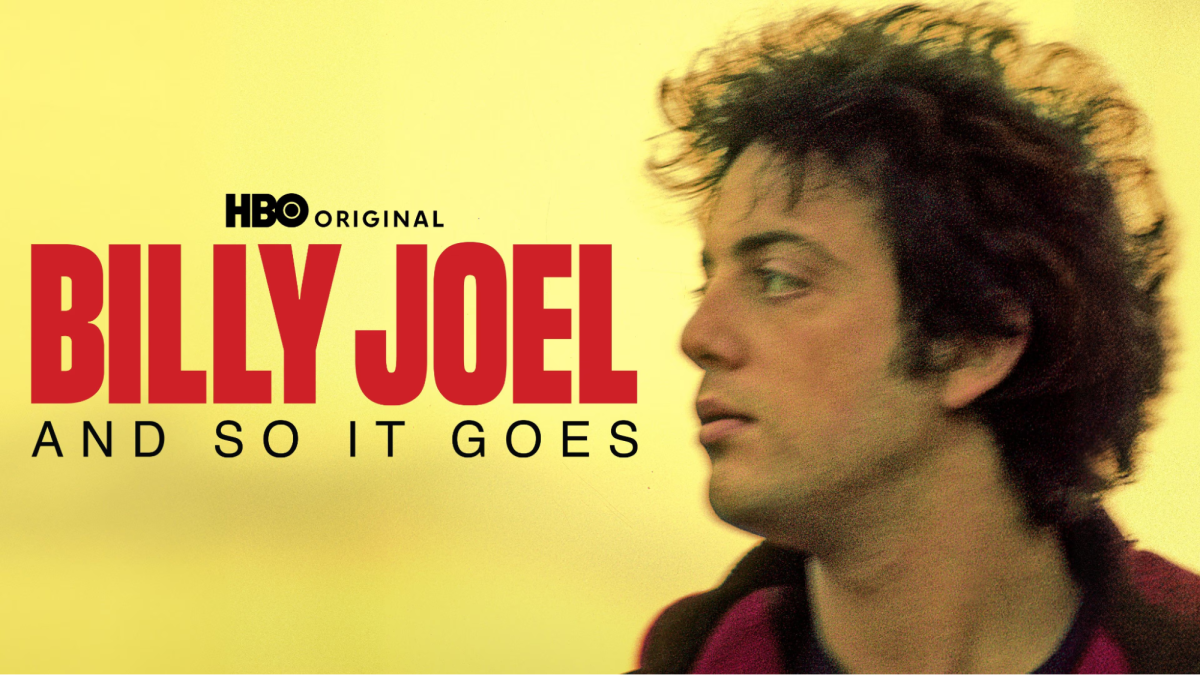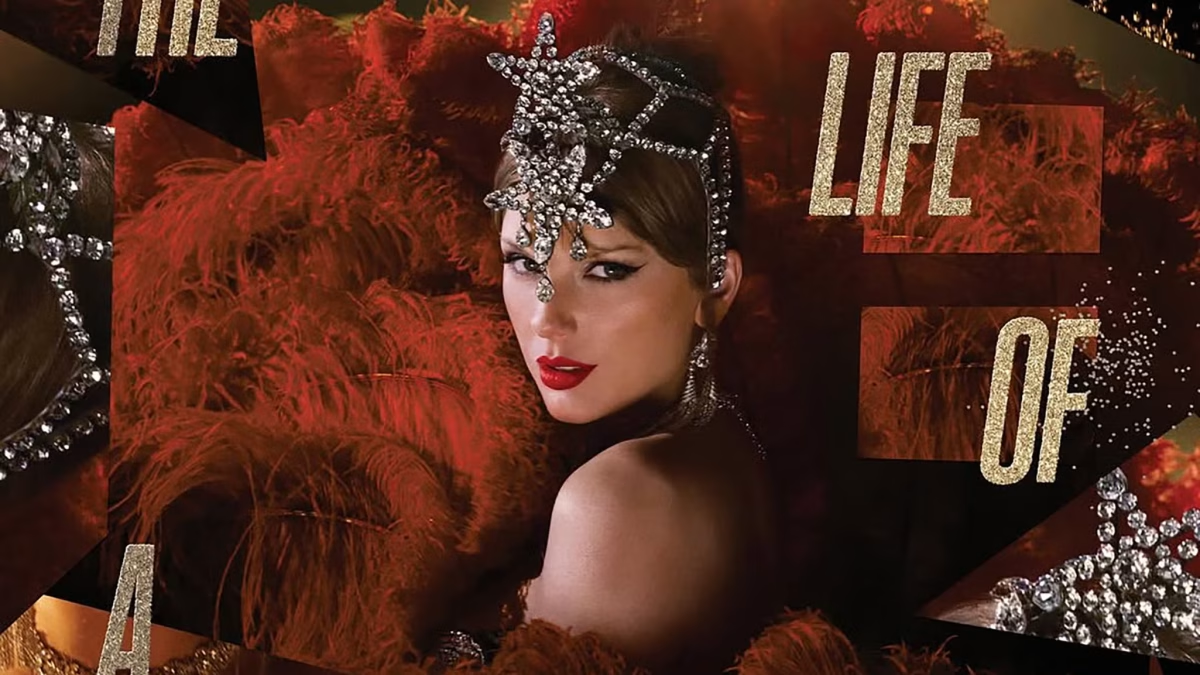Living in a society constantly evolving in response to tragedies, people have always looked to superheroes to serve as symbols of hope and perseverance. Recently, Marvel Studios and Netflix have teamed up to create a number of heroes who not only provide a sense of faith, but who are humanized and reflective of a diversified community.
Below is an analysis of the most prominent themes apparent in each of the Marvel/Netflix shows produced for The Defenders series so far. There are a few spoilers ahead, so it is recommended to first watch the shows discussed.
Daredevil
As the origin story of the title character, this first installment in The Defenders series focuses on Matt Murdock: blind lawyer by day and vigilante by night. The show is grounded in reality as the cast is praised for their display of raw emotions which create unique and seemingly relatable superheroes and anti-heroes. Instead of drawing clear distinctions between good and bad, the hero is flawed as he wrestles with the possibility of killing while the villains are presented with sorrowful backstories which drive their reactionary behaviors.
Prominent themes of loyalty and friendship are apparent throughout the show as relationships are pushed due to the nature of Murdock’s secret identity. Additionally, mental disorders are normalized as Murdock suffers from depression while Frank Castle (The Punisher) and Karen Page both cope with symptoms of PTSD. Castle, in particular, represents an Afghanistan war veteran who has been wronged by the social culture of New York as his family falls victim to gang wars, leading him to embark on a dark path of personal justice. Through these characters, the series displays the flaws in a justice system which allows some criminals to walk free while emphasizing the immorality complex accompanying an occupation as a public defender. In addition to a brilliantly crafted story, the detailed choreography of brutal beatdowns adds to the sense of reality depicting the violence that overwhelms societies today.
Jessica Jones
The second origin story follows the journey of Jessica Jones, a personal investigator, as she embraces her superhuman strength and seeks to confront her troubling past. The series separates itself from any other superhero show as the story is centered on two empowered women: Jones and her best friend/foster sister, Trish Walker.
Regarding the plot line, the show confronts issues surrounding women in modern day as references to sexual assault, rape, and abuse find their way into every episode. The villain, Kilgrave, “is the embodiment of male privilege, dialed up to psychotic. His superpower is being a straight white man in America,” Heather Hogan, television critic, said. Jones, having previously been under Kilgrave’s control, refuses to victimize herself and instead chooses to reclaim her freedom and serve as one of the few empowering women depicted in television today. Not only is the prominent issue of women’s oppression discussed, but the presence of LGBTQ+ characters diversifies the relationships as interactions between non-male, straight individuals are normalized.
Luke Cage
The latest installment follows the character of Luke Cage, a man with impenetrable skin and superhuman strength, as he searches for purpose and justice. The series is separate from its two predecessors fashioning a cast rarely seen on television. With a majority of actors being people of color, the show takes the conversation regarding African American oppression to a new level. With the injustices committed against the African American community, the series calls for the need to bring an entire racial community out of the ashes and to the forefront of politics and business.
With a clear intent to transfer the racial issues plaguing American society today onto a television platform, Ilma Lodhi, Niles North alumnus and series fan, said “the show is unprecedented as it honors the need for black empowerment, family, and code.” Not only are social issues represented, but a social culture central to the African American community is acknowledged through the presence of a hip-hop and soulful soundtrack paying tribute to the music perfected by African American artists. Cheo Hodari Coker, show director, said “there’s a certain pulse with popular music that pushes the narrative forward.” The selected songs which serve as backdrops to intense action and emotional scenes add to creating a sense of vulnerability as the viewers immerse themselves in the characters.
With a whole slew of series in the works, Marvel Studios and Netflix are sure to continue to change the way television depicts the changing social and political cultures central to American lives.
Featured image credits to PakGamers


